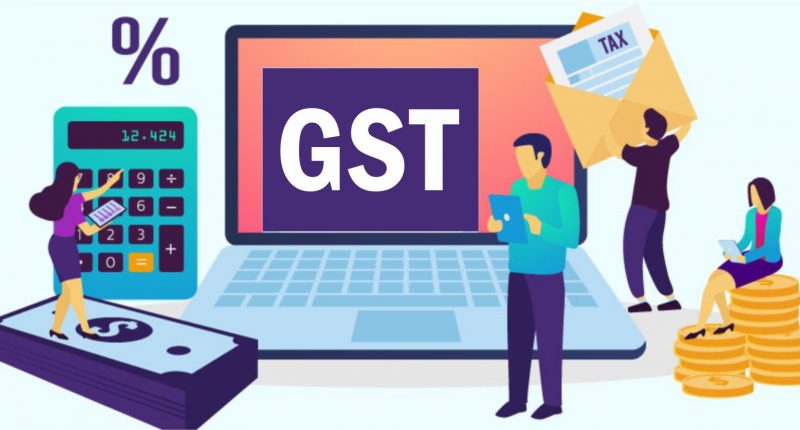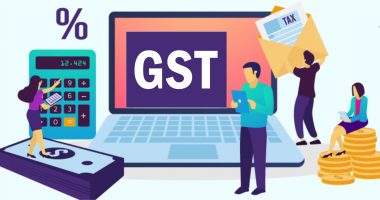The Goods and Services Tax (GST) Council will gather early next week on the 28th and 29th of June 2022. Several vital matters are expected to be tabled before the Council for decision-making. One of them is the approval for launching five more e-invoice portals or Invoice Registration Portals (IRP) apart from the only functioning e-invoice portal at present- https://einvoice1.gst.gov.in/, run by the National Informatics Centre (NIC).
The initiative is in the backdrop of higher monthly GST revenue collections. However, only half of the applicable GSTINs were generating invoices. It will therefore address problems of scaling and load balancing due to expanding the scope of e-invoicing compliance to taxpayers of lower turnover categories.
The e-invoicing infrastructure needs expansion since it will allow a higher quantum of transactions at faster speeds. Further, the government aims to plug GST revenue leakages by adopting the digital routes, one of them is by introducing five different e-invoice portals for taxpayers.
The GST Network has empanelled four different companies for developing the new Invoice Registration Portals (IRPs) — Defmacro Software Private Limited (Clear, previously called ClearTax), Cygnet InfoPath, IRIS Business Services, and EY LLP. These updates shall be presented before the GST Council in the upcoming 47th GST Council meeting. The Council will decide the proposal for setting up the next portal in the meeting.
The government wants to ensure stable invoice verification at any scale for enterprises. They can opt for one of the six portals to generate e-invoices for their businesses. While the services of e-invoice generation on private IRPs will be available for free, few value-added services could be charged. Sooner, the e-way bill system is expected to be subsumed under the e-invoicing system.
E-Invoicing in India is applicable for all the documents raised for Business-to-Business (B2B) sales. Initially, it became applicable to large enterprises whose total annual turnover was more than Rs.500 crore in 2020 and extended to lower turnover categories in phases.
Currently, all such enterprises registered under the GST law with annual aggregate revenue of over Rs.20 crore in any preceding financial years from 2017-18 to 2021-22 must generate e-invoices. It will soon encompass businesses with an annual turnover of more than Rs.5 crore. It may also expand to cover Business-to-Consumers (B2C) transactions.
Electronic invoicing was launched in India, bearing a vision of bringing transparency in billing and ending the fake tax credit menace. E-Invoicing drives to transform how businesses speak with each other. When sellers generate e-invoice, the e-invoice portal forwards this data to the GST Network to auto-fill a few tables of their GSTR-1. E-Invoicing has contributed much more than these to the growth of Indian businesses.
For any clarifications/feedback on the topic, please contact the writer at annapoorna.m@clear.in
Annapoorna, popularly known as Anna, is an aspiring Chartered Accountant with a flair for GST. She spends most of her day Singing hymns to the tune of jee-es-tee! Well, not most of her day, just now and then.




